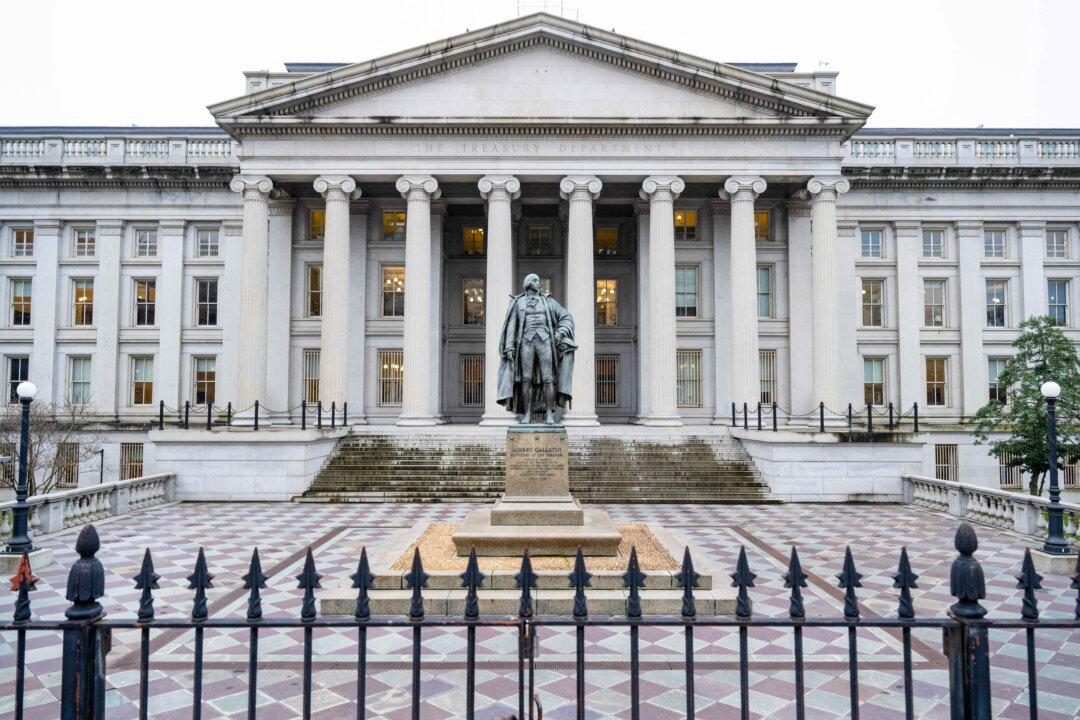JPMorgan has warned that there’s a “non-trivial risk” of a default on U.S. government obligations as the debt-limit deadline looms with no agreement in sight.
Analysts at the bank said in the Wednesday note that they expect the debate over the debt ceiling as well as the one on the federal funding bill to come “dangerously close” to their respective deadlines.





